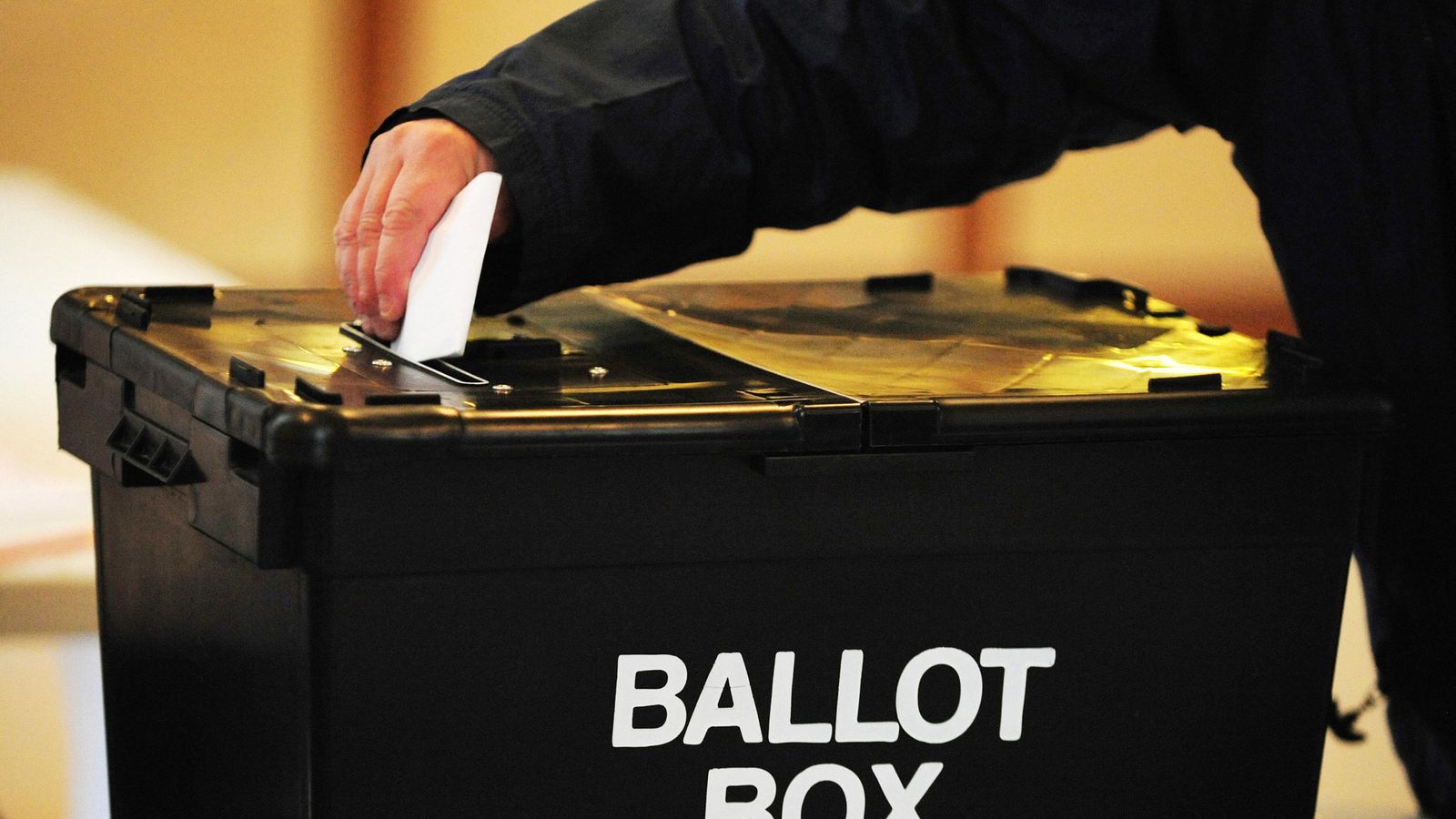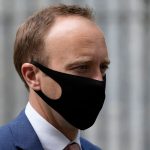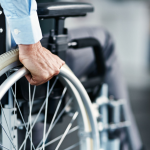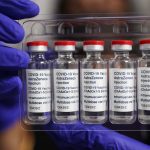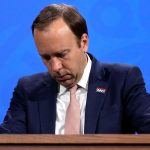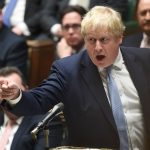The “super Thursday” vote on 6 May will be Britain’s biggest set of elections outside a general election in nearly 50 years.
With around 48 million people able to vote, it will also be the first opportunity to test the mood of the electorate in the wake of the UK leaving the EU and a year of the COVID-19 pandemic.
People in England, Wales and Scotland will cast votes in a wide range of different contests – choosing their representatives in devolved parliaments and local councils, and picking the candidates they want as their elected mayors and police and crime commissioners.
Voters in Hartlepool will even get to choose their new MP in a key by-election.
How many elections are taking place?
In Scotland all 129 seats in Holyrood parliament are up for grabs, and in Wales candidates are competing for all 60 seats in the Senedd. Whichever parties can win a majority, or build coalitions that amount to a majority, will form the next Welsh and Scottish governments.
Elsewhere there is a glut of elections due to contests that should have been held last year being delayed as a result of the pandemic.
English council votes that were scheduled for 2020, last fought in 2016, are taking place alongside those that were always meant to happen in 2021, which were last fought in 2017. A total of 143 councils have elections on Thursday for the selection of 4,725 councillors.
There are also 13 separate mayoral elections. These include eight regional contests, like the races in London, the West Midlands, Greater Manchester and Tees Valley, and elections for five city mayors in places like Bristol, Salford and Liverpool.
In 39 areas of England and Wales voters will also get the opportunity to choose their new police and crime commissioner. These elections were postponed in 2020 due to the pandemic.
What’s at stake?
The results in Scotland could be the most consequential. If the SNP is able to do better than it did in 2016 and win an outright majority it will raise enormous questions for the future of the United Kingdom.
Nicola Sturgeon will be able to argue she has a clear democratic mandate for a second Scottish independence referendum, which will test Boris Johnson’s adamance that he will not allow one.
“Super Thursday” will also be the first electoral challenge for new leaders of political parties, including Sir Ed Davey of the Liberal Democrats, Douglas Ross of the Scottish Conservatives and Anas Sawar of Scottish Labour, but above all it will be a test of Sir Keir Starmer’s tenure so far as Labour leader.
He will be hoping to win control of some local councils and hold on to the big metro mayor positions in London, Manchester and the Liverpool City region.
But failure to unseat conservative mayors in the Tees Valley and West Midlands would be seen as a major blow. Failure to win the by-election Hartlepool, and see the seat turn blue for the first time, would be even more serious.
Labour has been engaged in expectation management for several weeks to try and dampen the possible impact of such an outcome. It argues the successful vaccine roll-out distorts what the results on 6 May mean for Labour’s prospects longer-term. The question will be whether his critics within the Labour party are persuaded.
For a detailed breakdown of the key races to watch in these elections, read this by Sky’s deputy political editor Sam Coates.
Please use Chrome browser for a more accessible video player
Will COVID-19 change the process of voting?
COVID-19 lockdowns and restrictions have complicated campaign efforts, and due to on-going social distancing requirements the experience of visiting a polling booth will be different than in previous elections.
There will be limits on the number of people able to cast their vote at any one time, and face coverings will be required inside for everyone who is not exempt.
Social distancing requirements will also be in place for tellers counting turnout outside the polling stations, as well as people queuing to enter.
Government guidance warns against offering a lift to someone to allow them to cast their vote, saying people should only travel in cars with members of their household or support bubble.
Polls will open at 7am and close at 10pm. You can find your nearest polling station here.
Many people will have chosen to use a postal ballot this year to avoid the potential delays that could be expected at polling booths, but that in itself will contribute to a much slower process when it comes to the counting of results.
When will the results be known?
The results for these elections are likely to be drawn out over the course of the weekend, with some declarations not expected until late on Sunday.
The first key results will likely be the Hartlepool by-election, which is expected to declare sometime around 4am on Friday, with the race to become mayor of Doncaster also potentially being announced that morning.
Counts for the Scottish and Welsh elections, as well as most of the council elections in England, will not start until Friday, meaning the first indications of how things are looking should not be expected until late Friday and overnight into Saturday.
The key result of the Tees Valley mayor contest could come later on Friday but the results of most of the other metro mayor elections, such as London, Manchester and the Liverpool City region, are not expected until Saturday.
